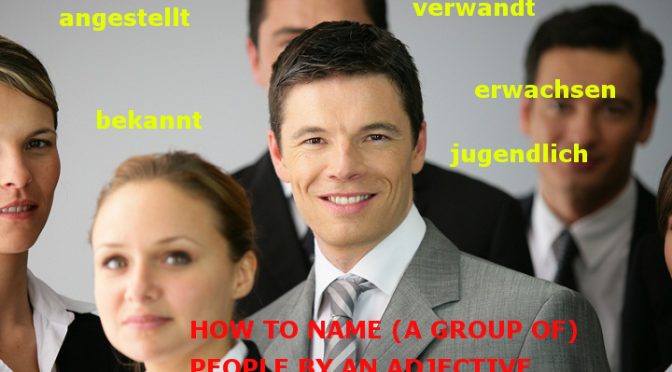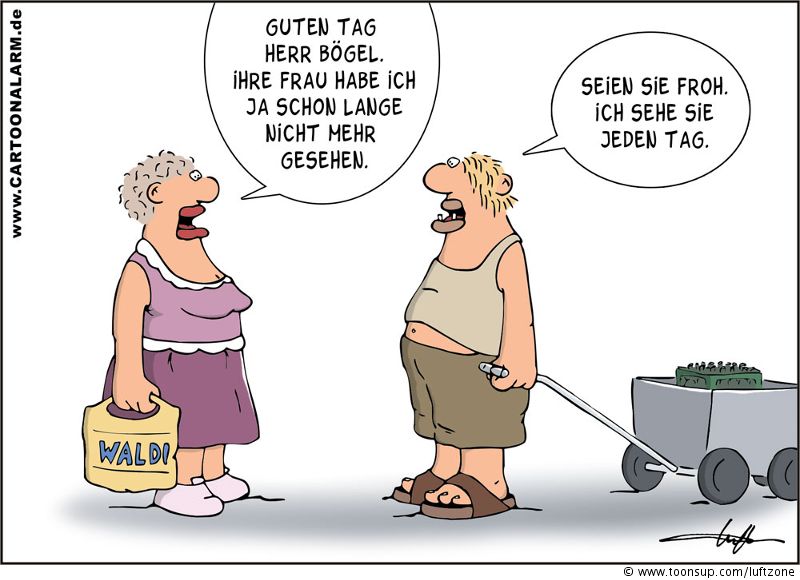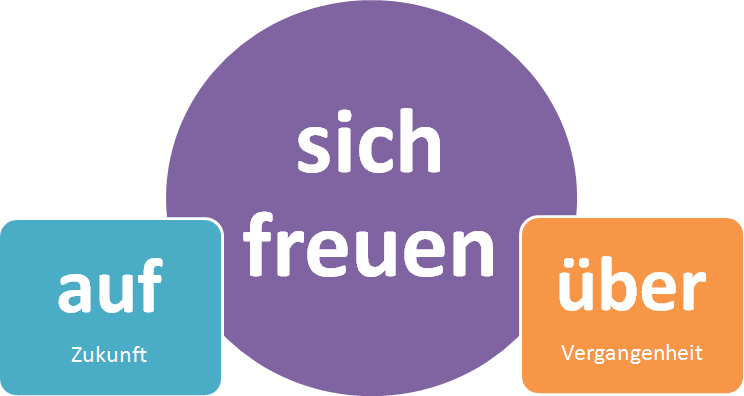It often occurs that we wish to use Adjectives as Nouns when we want to designate (a group of) people by one of their characteristics: jugendlich, bekannt etc. There are also many Past Participles which can be used in the same way: behindert, verwandt, angestellt, erwachsen etc.
This is totally OK if it is done correctly. What the secret in doing that correctly?
Well, apart from the fact that we will write all these adjectives with the capital first letters in order to suggest that they are now nouns, we should also learn another golden rule: treat and change these nouns in the exactly same way as they we still adjectives. Just pay attention to the word which is in front of them and pretend that there is a noun behind them.
For example, if we take the adjective “jugendlich” and make a masculine noun of it, it would look like this:
Jugendlicher / ein Jugendlicher / der Jugendliche (Nominative), eines Jugendlichen / des Jugendlichen (Genitive), einem Jugendlichen / dem Jugendlichen (Dative), einen Jugendlichen / den Jugendlichen (Accusative). If we build a female noun, it would sound like this: Jugendliche / eine Jugendliche / die Jugendliche (Nominative), einer Jugendlichen / der Jugendlichen (Genitive), einer Jugendlichen / der Jugendlichen (Dative), eine Jugendliche / die Jugendliche (Accusative); Plural would sound like this: Jugendliche / die Jugendlichen (Nominative), Jugendlicher / der Jugendlichen (Genitive), Jugendlichen / den Jugendlichen (Dative), Jugendliche / die Jugendlichen (Accusative).
Let’s try with Past participles: ein Bekannter (m.), eine Bekannte (f.), meine Bekannten (pl.) etc. ; ein Verwandter (m.), eine Verwandte (f.), Verwandte (pl.), meine Verwandten (pl.) etc.
If you take a closer look you will notice that the above nouns get the same endings as if they were still adjectives, just without any subsequent nouns: ein Verwandter Mann
Put more simply, you could just treat any of these nouns as the adjective schön (or any other simple adjective) and change them in the exact same way:
ein schöner … (masculine), eine schöne … (female), schöne … (plural), die schönen … (plural) etc.





